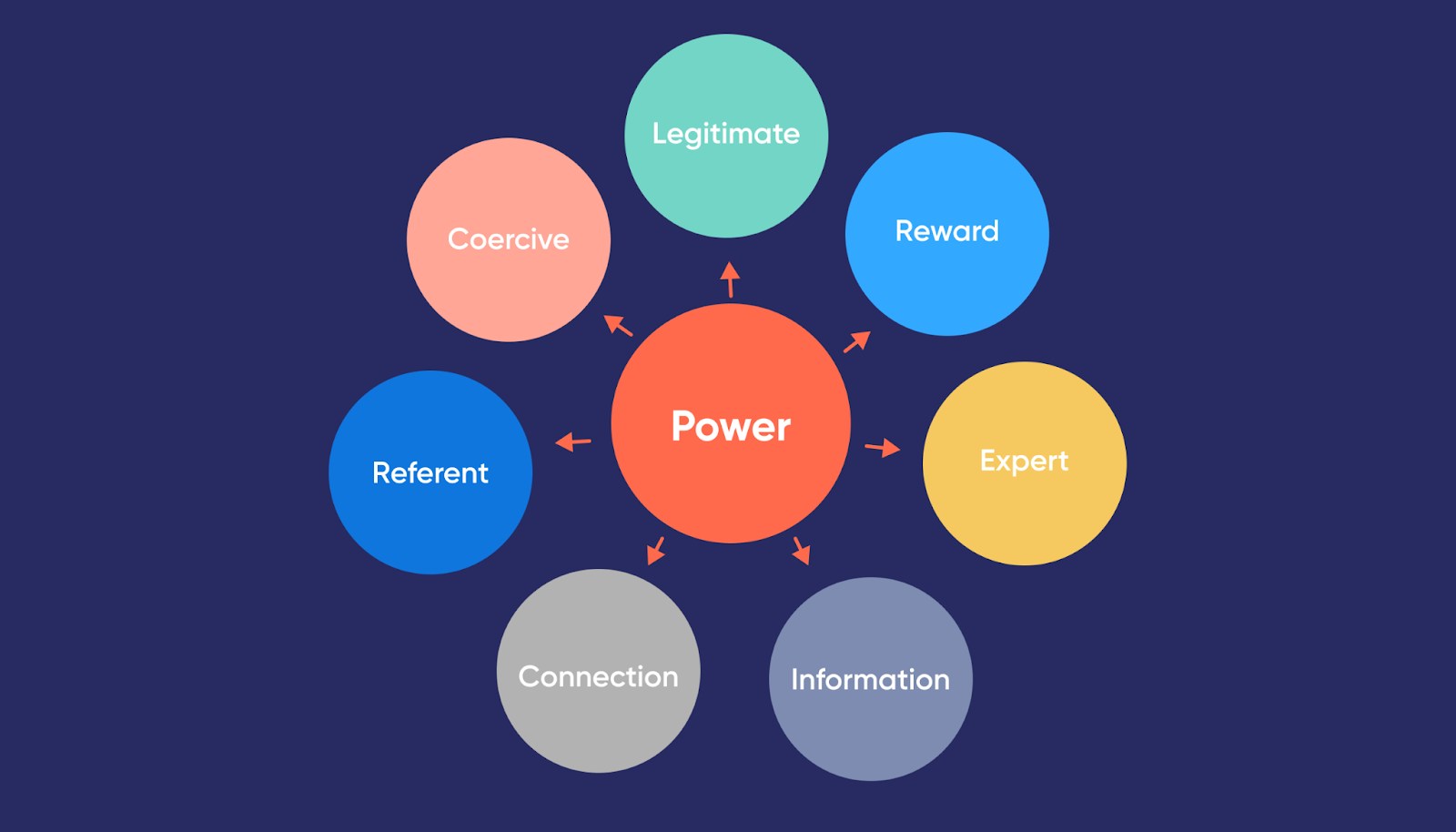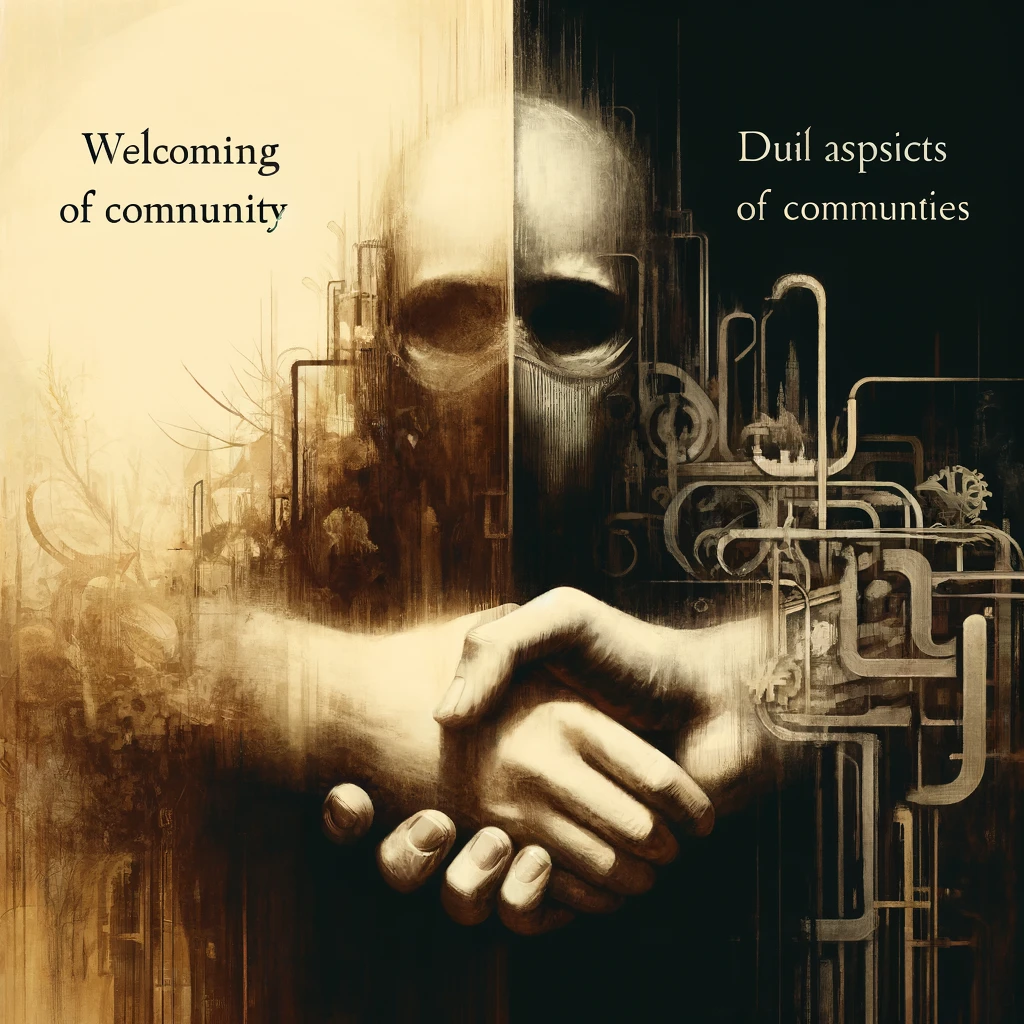Your cart is currently empty!

Language and Mental Health: Living and Communicating our Lived Experience
There is tectonic shift in mental health language
Language and power are more than words. Of course, many of us convey ideas best through spoken language using words. There are many different ways to exercise various uses of language and its power. Writing or signing communicates this language (e.g., facial expressions and gesturing and physical cues) at these different language archeology levels. Like the famous saying, “speaking with our eyes,” a type of body language is a technology of the self. Essentially, speech advances our ideas and allows human vessels to exercise our power through spoken mediums and somatic articulations of the words we choose to make these signs.
In addition, language also has power when it comes to mental health. Any negative language and speaking can halt the progress for mental health wellbeing, and conversely, positive speech and speaking can move it forward. In addition, language shapes how we see the world. Contrary to what many people had believed for many centuries, especially in the 15th Century, the world was round. Also, Chicken Little, please look upwards and notice the sky is not falling.
Demonstrating how language can positively and negatively affect people’s thinking and wellbeing. Words we choose and the respective meanings affixed to apparatus informing our society, especially with folks with Mental Health Issues, are delicate personal spaces. Ultimately, individuals with the power to access language can either unite or divide populations and groups with its force to either divide up people or evoke peace.
In our interpretive eye, language has the power to wield its metaphoric longhand in the affairs of people within its grasp. We cannot escape it, and we are bound up in its power. We humans in the vast animal kingdom are mere mortals and cannot even consider to limits of language to communicate ideas and connect the globe. We use language to exchange our experiences and values. In terms of application to people with mental health concerns, the use becomes even more critical.
Can anyone think of any words or stereotypical language that hurts or labels individuals? Also, doesn’t that language used to hinder people from achieving and reaching a higher, more advanced form of life? Words and language human beings used to be ‘heard’ include words that also support others and give an empathetic ear of understanding. Using the correct language reduces the power of others to do anything but communicate respectfully and offer others hope. We all can and will be respected when we use language with the highest ethical regard for human life.
Popular song lyrics also show this. A song from “Carousel” written by the fantastic creative duo of Richard Rogers and Oscar Hammerstein almost echoes this by ending their song with, “…, Walk on, walk on, With hope in your heart, and you’ll never walk alone, you’ll never walk alone”. Since a song heard on Broadway over 75 years ago, it has transformed to become an anthem that pulls in our consciousness during periods of strife. Mental Health Issues can be no different, and we can champion the cause and move our agenda forward.
Songs at the root of it are a series of lyrics (words) set to music. People use language and its inherent power to make us laugh, cry, and use our emotions when tinkering with the ‘chemistry’ of music. Music in its most basic form is so transformative. Think about this: language and power shape individual and societal progress. People sequence strong lyrics.
Hurry everyone to your seats and get those boxes of tissues—time for English and poetry. “Make our Kind of Music, Sing Our Special Song,” just like Cass Elliot belted out in the 60s and 70s, is precisely why we need these tissues. Whether weeping or chuckling or inducing tears, poetry moves and takes us beyond the ordinary into the otherwordly to the very limits of language.
Recently there has been a shift in mental health language. The tectonic shift in Mental Health Affairs is awkwardly and hazardously positioned around the use and misuse of the term “lived experience.”
Similar life situations and living are invariably connected to our mental health condition and experience living with illnesses. The words we select to describe individual experiences pass through intersections of diversity and complex considerations of how we self-identify and relate to others. We must pay close attention to the infinite possibilities.
People too often casually reduce the power of language. Interactions with people mean considering their unique identities with language and pronoun use. The important thing here is not to use any stigmatizing words or phrases. Just go ahead and ask: how might people signify your unique need in this vast interconnected world where identity and power cross paths without warning, creating confusion at times.
Understanding language and the vast wellspring of potential power is vital to increasing the human drive towards diversity and inclusiveness. To use signs to communicate to all religions and express tolerance of universal customs and heritage is the next step in making the world a more connected and understanding place.
Individuals struggling with mental health issues often are misunderstood and classified as something other and not belonging. The next step is to view and appreciate what makes us extraordinary and unique. The force and movement brokering power to self-regulate and take care of our own as peers need careful consideration. People carrying a mental health disorder deserve no less.





Leave a Reply